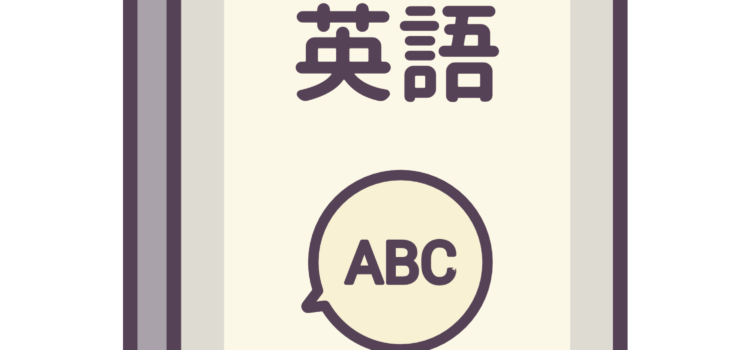
まもなく2024年3月が終わろうとしています。24年もあっという間に1/4が過ぎ去ってしまったことになります。今年中にやりたいこととやらなければいけないことを早急にリストアップして、残りの9ヶ月を意味あるものにしていこうと思います。
have (got) to doの意外な意味
『レクシス英和辞典』を編集するにあたって、ネイティヴスピーカーに聞き取り調査をした際のデータをまとめた『103人のネイティブスピーカーに聞く生きた英文法・語法』(旺文社)というユニークな本があります。出版年は2004年ですからだいぶ古い調査になってしまいましたが、面白い調査結果が多く並んでおり、今から読んでも参考になります。
この本の中で、「have (got) to do」を「~に違いない」という表現を助動詞mustの意味で使いますかという問いに対し、英米人からは次のような結果が出ています。各英文にはYesと答えた人の割合を示しています。
Example: He has been working all day. He must be tired.
(a) He has been working all day. He has to be tired. 米90% 英80%
(b) He has been working all day. He has got to be tired. 米95% 英78%
(c) He looks very suntanned. He has to be going to the beach every weekend. 米80% 英54%
(d) He looks very suntanned. He has to go to the beach every weekend. 米37% 英27%
ネイティヴスピーカーから寄せられたコメントを拾ってみます。
“I would used all four sentences,but they all seem to be slightly different from the example sentence. They are used for inferences but are much stronger than the example. (a) is stronger than the original and (b) is stronger than (a). The connotation of (a) is that the speaker cannot believe that the worker could possibly not be tired and must therefore be tired. The example does not have the connotation of disbelief that (a) and (b) do. (c) and (d) and (d) are similar. They suggest that there is no possible way that the man could be so tanned unless he were going to to beach everyday.(米・男・30代)
(a) sounds more emphatic than “must”. “got to be” makes (b) sound informal, and is even more emphatic than (a). (c) is probably spoken, but still possible. (d) looks more ambiguous, but it is still something I regularly hear. Note that this is not a problem with (a), as nobody is ever obliged to be tired, therefore there is not ambiguity. But as actions can be obligatory the ambiguity of (d) makes it more likely to be avoided in careful speech or writing. (英・男・30代)
彼らの声は次のようにまとめられるようです。
- have to do もhave got to do も推量のmustとして代用可能、特にアメリカでその傾向が強い。しかし、あくまでもmustがformalであり、have (got) to doはややinformalである。
- have (got) to doはmustよりも「~に違いない」 の意味合いが強くなる。
- have (got) to do よりもhave (got) to be doingのような進行形を伴うことが高い。have (got) to doの場合、義務(~しなければならない)という意味合いで解釈されやすくなる。
このようにhave (got ) to doが使われているのは驚きです。今から20年前の調査でこれですから、今ではもっと人口に膾炙しているのではないでしょうか。私も以前からmustには義務と推量の2つの意味があるのに、どうしてhave to doは義務しかないのか不思議に思っていました。推量のhave (got) to doは日本の受験文法書にはまだ降りてきていない語法ですね。ネイティヴスピーカーの意見も聞いてみたいと思います。
義務を表すmust とhave (got) to doにも微妙なニュアンスの違いがある
義務のmustと推量にもニュアンスに違いがあり、会話ではhave toが好まれ、学術書や新聞ではmustが好まれること、must は話し手が主観的に必要性を感じている際に、have to は第三者や客観的なデータから判断してという意味合いが暗示されている、などが有名です以下はBritish Councilの説明記事より。https://learnenglishteens.britishcouncil.org/grammar/a1-a2-grammar/have-must-should-obligation-advice

Cambridge Dictionaryのページでもわかりやすく違いが述べられています。

辞書サイトの解説によると、mustは話し手から生じる義務を、have to は話し手の外側から生じる義務を、それぞれ暗示しています。
エラー: コンタクトフォームが見つかりません。



